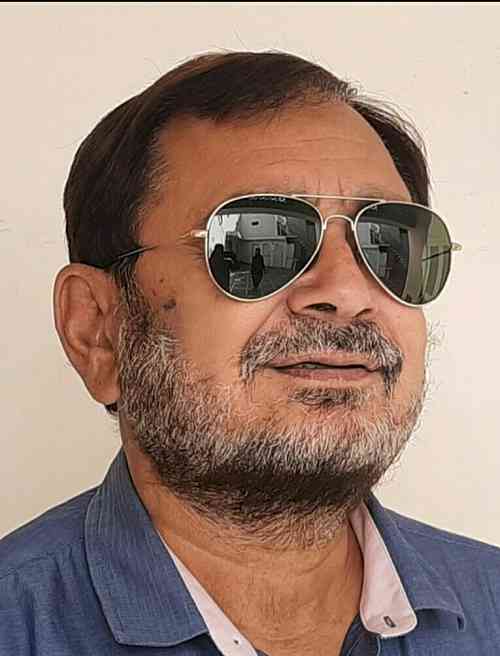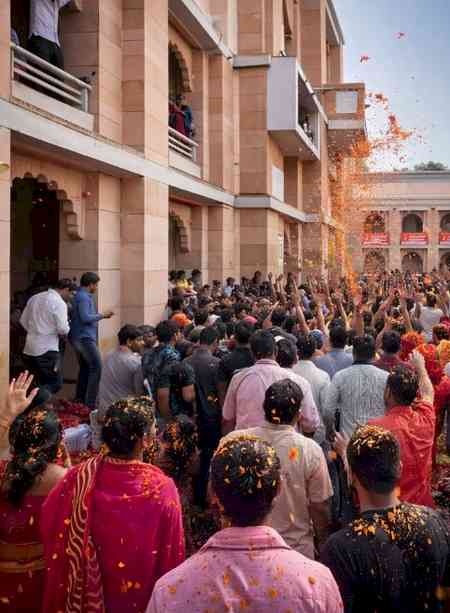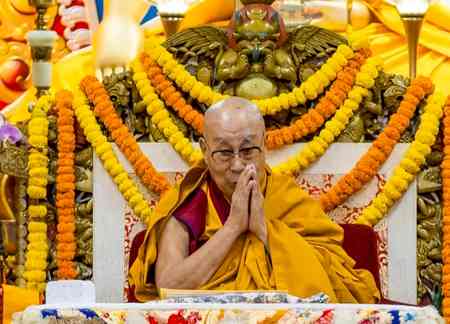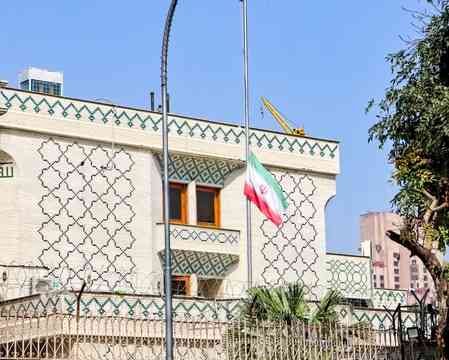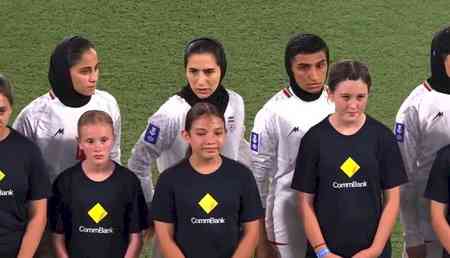No govt interference in judiciary’s decisions, says former CJI Gavai (IANS Exclusive)
Former Chief Justice of India (CJI) B.R. Gavai on Thursday in an exclusive chat with IANS asserted that there is no government interference in the functioning or judgments of the judiciary.

New Delhi, Nov 27 (IANS) Former Chief Justice of India (CJI) B.R. Gavai on Thursday in an exclusive chat with IANS asserted that there is no government interference in the functioning or judgments of the judiciary.
His remarks come amid repeated allegations from various political leaders, including Leader of the Opposition in the Lok Sabha Rahul Gandhi, who has accused the BJP and RSS of influencing constitutional institutions multiple times.
LoP Gandhi has, on several occasions, claimed that the judiciary is under pressure from the government led by Prime Minister Narendra Modi.
Earlier, former CJI D.Y. Chandrachud also responded to such criticism, stating that courts should not be viewed as the opposition, and their role is to examine laws not replace elected representatives.
Speaking to IANS, former CJI Gavai dismissed the allegations of government interference and clarified the functioning of the collegium system.
“There is no government interference. It is important that when the collegium takes a decision, several inputs are considered. The views of the executive, the Intelligence Bureau, and the law ministry are part of that process.
"Similarly, opinions of the consultee judges, chief justices concerned, chief ministers, and governors are taken into account. After all discussions, the collegium takes its independent decision. That does not mean the collegium functions under pressure,” he asserted.
Responding to concerns raised over whether the Constitution was in danger, former CJI Gavai referenced the landmark 1973 Kesavananda Bharati judgment, which established the basic structure doctrine.
He stated, “The judgment made it clear that Parliament has no power to amend the basic structure of the Constitution. If anyone still believes otherwise, then such fears are unfounded.”
Reflecting on his tenure, Justice Gavai said he felt fulfilled.
“I am fully satisfied with my tenure. I am happy, content, and do not feel there was anything I wished to do but could not accomplish.”
He also spoke about public discourse and judicial independence in the social media era.
“I do not look at social media. A judge must never decide a case based on public opinion. Once the facts, documents, and evidence are placed before the court, the judgment must follow the law — not what social media or the public expect," Justice Gavai told IANS.
Justice B.R. Gavai, the 52nd Chief Justice of India, has had a long legal journey. Though he began his legal practice in 1985, he was familiar with the rule of law early on, having grown up in a family engaged in social activism. Throughout his career—as an advocate, judge of the Bombay High Court, Supreme Court judge, and finally as CJI—Justice Gavai demonstrated deep commitment to judicial efficiency and the rule of law. His decisions sparked discourse both in courtrooms and across digital platforms, contributing significantly to Indian jurisprudence.
Justice Gavai was sworn in as the 52nd CJI on May 14, succeeding Justice Sanjiv Khanna. His name was recommended by Justice Khanna on April 16 and approved by the Law Ministry on April 29. His appointment marked a historic milestone as he was the first Buddhist and only the second Chief Justice from the Scheduled Caste community after Justice K.G. Balakrishnan to hold the post.
--IANS
jk/rad



 IANS
IANS 

